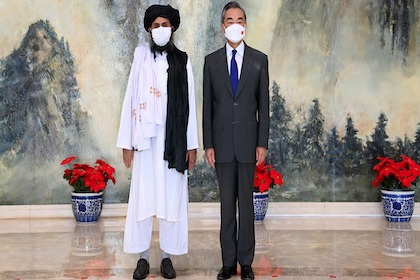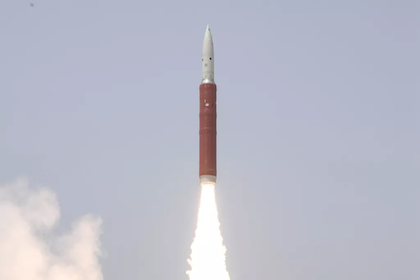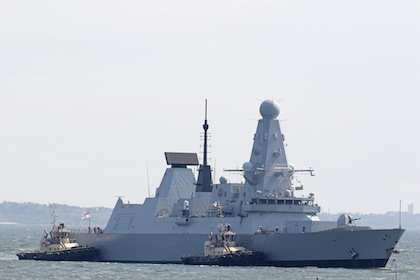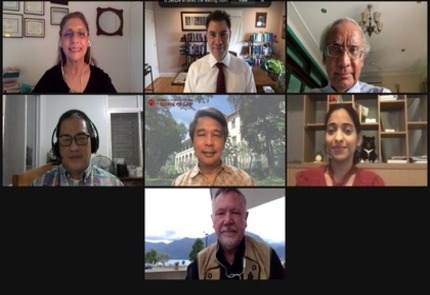The SCO’s shared Buddhist legacy
On November 26, the first flight took off from Kushinagar Airport in Uttar Pradesh, set up to help Buddhist pilgrims reach the Mahaparinirvana Temple, where Lord Buddha attained nirvana. Promoting India's Buddhist legacy can lead New Delhi's effort to revive diplomacy between the SCO's eight member nations.










